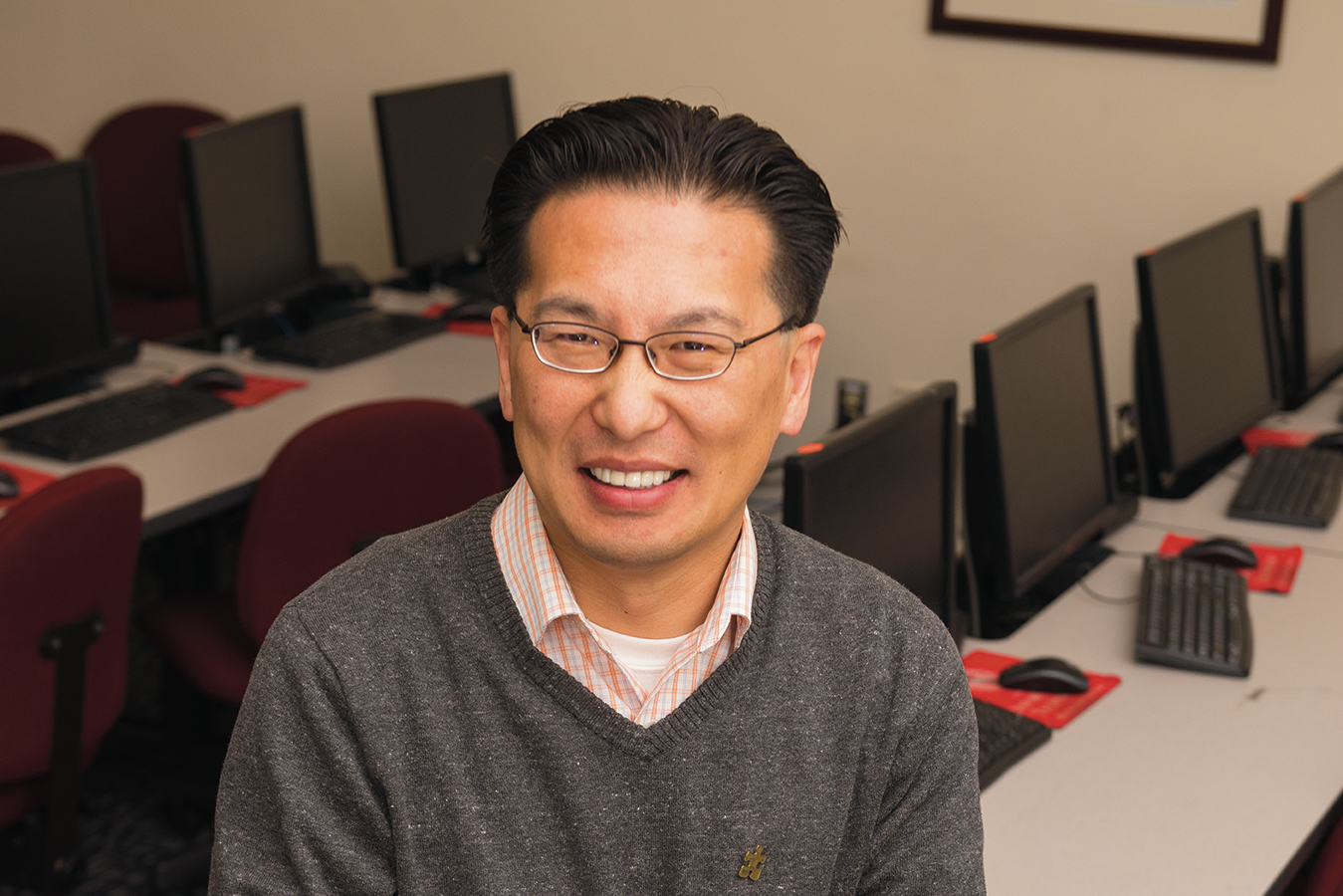“Are IT people different?” is a question that is often asked. Ronnie Jia and his colleagues, Zachary R. Steelman, and Heather H. Jia, are searching for answers with research into What Makes One Intrinsically Interested in IT? An Exploratory Study on Influences of Autistic Tendency and Gender in the U.S. and India, which is soon to be published in MIS Quarterly, a top journal in the field. Jia believes understanding this issue can help us increase diversity and inclusion in IT (Information Technology) enrollment and employment.
Jia’s goal was to, “provide a deeper understanding of who are the ones attracted to technology, which may ultimately lead to one’s choice of IT education and careers. Such knowledge is essential as educators and managers work to enhance diversity and inclusion in the IT field.”
Jia and his colleagues utilize two studies to build on previous literature addressing the Empathizing-Systemizing (E-S) Theory of Autism. In study one, survey data from a United States sample provide support for autistic tendency as an antecedent of IT interest. In study two, Jia and his colleagues replicate the model with respondents from India and observe similar results. After controlling for individual variations, the results indicate that the stereotype of gender influence on IT interest may be the result of other factors, including autistic tendency, masquerading as gender differences.
When asked about the motivation behind this focus on autistic tendency, Jia explains, “IT is a field with some of the highest prevalence of autism and is full of people with significant autistic tendencies. A major motivation of this research is to understand our own family, colleagues, students, and IT professionals who we know to exhibit high autistic tendencies and to provide them with a lens to better understand themselves.”
Jia observes that the view of autism has evolved, and the concept of neurodiversity has increasingly become the dominant view. Consequently, he states, “our understanding of autism has shifted from one of the binary categories (autistic or not) to a continuum that “blends seamlessly into the general population,” where everyone can be “a bit autistic.”
Jia believes that a greater understanding of the influence of autistic tendencies can provide “a powerful lens that we can use to reexamine the age-old question: ‘Are IT people different?'”
“Understanding gender and IT has been an often-studied area. Dr. Jia’s work adds nuance to this question by eliminating the binary male versus female focus and looking deeper into individual differences. I am very excited to see where this research goes next,” said Dr. Traci Carte, Director of the School of Information Technology.

